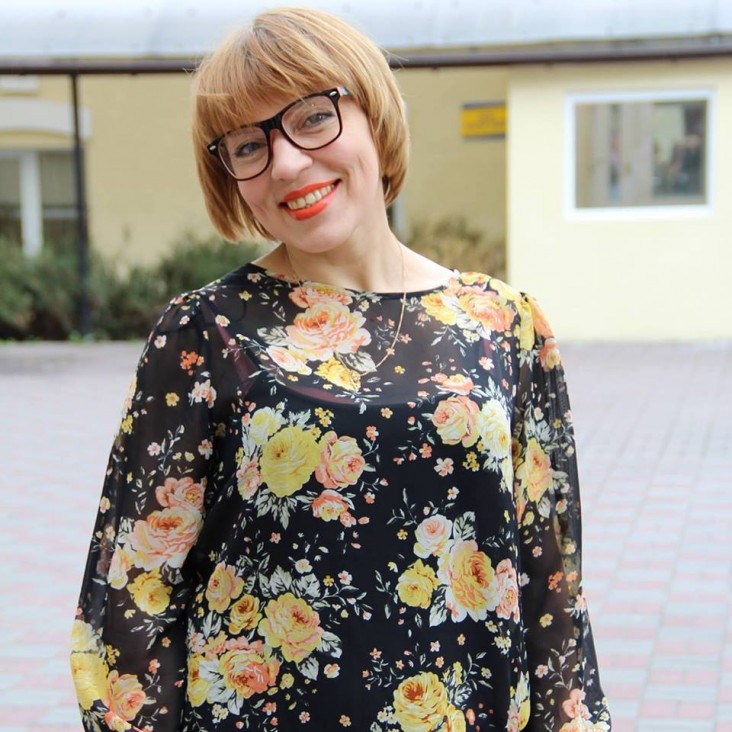
August 2016—Vira Varyga, an HIV activist in Ukraine, is also a trainer and facilitator at Kyianka+, a self-support and empowerment group for HIV-positive women. She is also HIV-positive, and the associated feelings of stigma and discrimination are familiar to her.
Once secretive about her health issues, she now she uses her experience to empower others. Few things are more rewarding to Varyga than her clients sharing news about positive changes in their lives.
Analytical data shows that self-stigmatization levels among people living with HIV/AIDS remain high, with 82 percent of respondents of one study stating they encountered negative attitudes as a result of their HIV status.
Stigma and discrimination affects many HIV-positive people psychologically, often resulting in low self-esteem and depression. Anecdotal evidence suggests that internalized stigmatization leads to self-harm, including rejection of antiretroviral therapy and medical care, and acts of desperation. The share of HIV-positive people expressing suicidal thoughts, an indication of internalized stigmatization, increased from 8 percent in 2010 to 16 percent in 2013, according to the study.
The USAID RESPECT project, implemented by the All-Ukrainian Network of People Living with HIV/AIDS, supports activities that reduce self-stigmatization and empower people living with HIV. Through the project, USAID created Kyianka+ in 2014.
“Self-support and empowerment groups are the most effective contributors to psychological acceptance of one’s status and help people living with HIV to feel better about themselves,” says Varyga.
An assessment conducted by Kyianka+ revealed that HIV-positive women identify health, employment and self-esteem as their main issues of concern. Kyianka+ used the data to organize an activity, which Varyga supervises, that uses role playing, practical skill development, and art therapy to help the women address their issues.
The 181 women who have passed through the program note significant increases in self-esteem and positive changes in their lives. Some finally had the courage to tell parents, partners and friends about their HIV status. Some succeeded in overcoming severe depression. Others were simply grateful to find support in coping with the challenges of being HIV-positive.
“When I started attending group meetings, I realized that I’m not alone. Many women have known their status for years and live with it. I now understand that HIV is not a death sentence. One can live with it, create a family, and have children,” explained Maria*, an HIV-positive member of Kyianka+.
USAID’s RESPECT project, which runs from September 2013 to September 2016, has provided training on reducing stigma and discrimination of people living with HIV to more than 4,600 health care workers as well as nearly 1,400 nurses and 1,100 doctors at medical universities and colleges. Through medical universities in Lviv, Dnipro, Odessa and Poltava, 250 family doctors have been trained on managing HIV-positive patients. As a result of HIV/AIDS awareness efforts in four project focal regions, more than 2,100 people have been tested for HIV.
*Name changed to protect privacy.
LINKS
Follow @USAIDUkraine, on Facebook







Comment
Make a general inquiry or suggest an improvement.